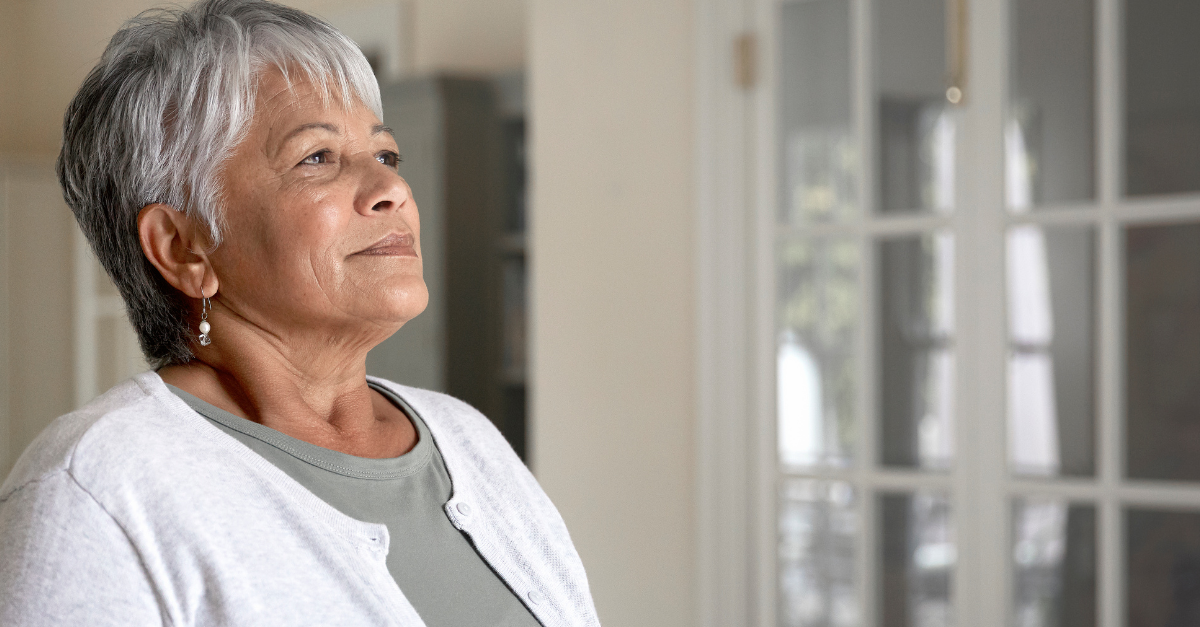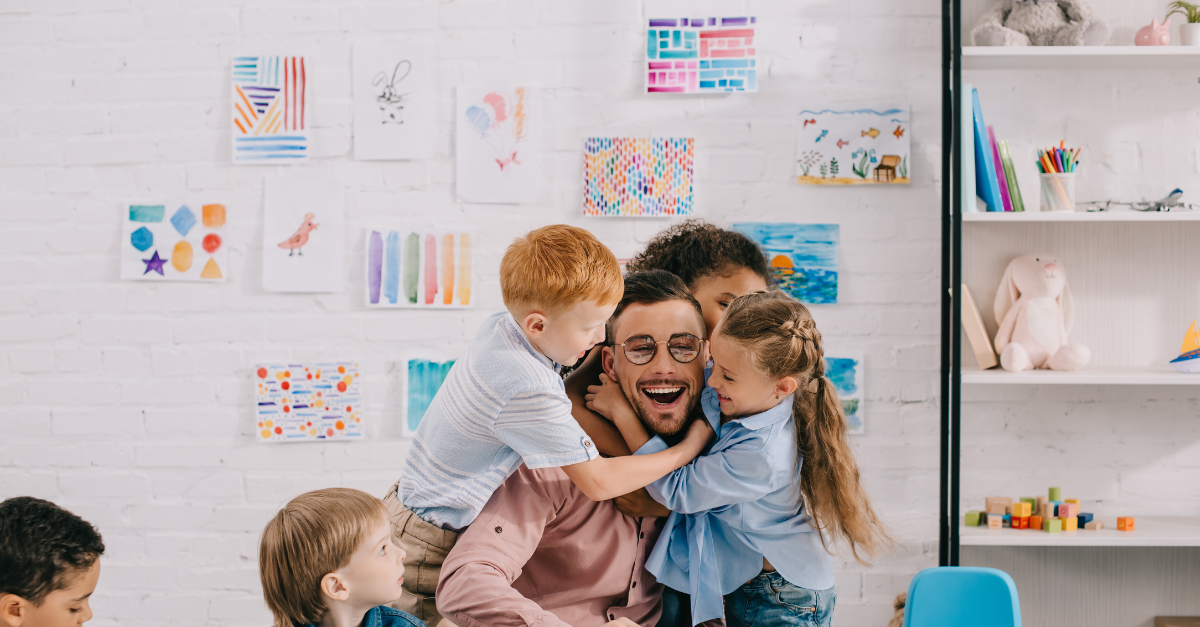Strategies to enhance self-regulation for early childhood educators
In the ever-evolving landscape of early childhood education, professionals face a myriad of challenges that necessitate a multifaceted skill set. Among these skills, self-regulation emerges as a cornerstone, essential not only for the well-being of early childhood educators but also for the quality of the preschool curriculum and the learning opportunities they facilitate. This blog delves into the intricate interplay between self-regulation, meaningful learning experiences, and the ongoing professional development crucial for child care professionals.
Navigating the complex dynamics of early childhood education requires a delicate balance of emotional resilience, adaptability, and a keen understanding of child development principles. Self-regulation serves as the linchpin in achieving this equilibrium, empowering educators to manage stress, cultivate patience, and create environments conducive to optimal child development outcomes. As professionals strive to provide meaningful learning experiences, the cultivation of self-regulation becomes instrumental in fostering positive relationships with children ages 0-5, supporting in the objectives of promoting a secure and nurturing atmosphere within the preschool setting and building a high-quality curriculum.

Recognizing the interconnected nature of self-regulation and effective preschool curriculum implementation, we explore strategies designed to enhance the self-regulatory capacities of teachers. Moreover, it delves into the symbiotic relationship between self-regulation and professional development for teachers, highlighting how investing in this skill set not only benefits educators personally but also augments their ability to create enriching educational environments that propel children toward successful developmental milestones.
As we embark on this exploration, it is imperative to understand the pivotal role of self-regulation in shaping the trajectory of early childhood education. By honing this critical skill, teachers are not only fostering their own well-being but also laying the groundwork for a transformative and impactful learning journey for younger children as they guide them through the crucial stages of child development.
Self-regulation in early childhood education

Understanding the importance of self-regulation
Self-regulation stands as a cornerstone skill set for teachers, playing a pivotal role in shaping both their professional efficacy and the learning environments they cultivate. In the dynamic realm of early childhood education, the ability of teachers to effectively manage their emotions, navigate stressors, and maintain a balanced approach is paramount. This skill set not only contributes to the educators’ personal well-being but also significantly influences the quality of care and education provided to the individual children in their care.
Why self-regulation skills matter in early childhood settings?
Emotional resilience: Teachers often encounter emotionally charged situations, including challenging behavior from children. The ability to self-regulate allows educators to manage their emotions effectively, fostering emotional resilience in the face of stress or frustration.
Positive learning environment: A calm and composed demeanor positively influences the classroom atmosphere. When educators can regulate their own emotions, they contribute to creating a nurturing and stable learning environment, which is essential for the emotional and cognitive development of young children. It helps younger children feel safe, even when they are experiencing developmentally appropriate, yet challenging, emotions.
Modeling behavior: Teachers serve as role models for the children within their care. Demonstrating self-regulation skills teaches younger children valuable lessons about managing emotions, the safety and reality of emotions, and helping children build problem solving skills. This modeling encourages the development of social emotional skills, which are critical in the support of kindergarten readiness.
Effective classroom management: Self-regulation enables teachers to respond thoughtfully and intentionally to various situations in the classroom. This skill set is instrumental in maintaining order, problem solving, and implementing effective and positive behavior management strategies, ultimately enhancing the overall classroom community.

Reducing burnout: The demands of the early childhood education profession can be overwhelming. Self-regulation helps educators cope with stress, prevent burnout, and maintain a healthy work-life balance. By taking care of their well-being, educators can sustain their passion for teaching and provide consistent, high-quality care.
Flexibility and adaptability: Early childhood education is a dynamic field with evolving challenges as children and families change. Self-regulation will equip a teacher with the flexibility and adaptability needed to navigate unexpected situations. This adaptability is crucial for adjusting teaching strategies, addressing individual needs, and accommodating changes in the curriculum and learning environment.
Effective communication: Communication is a cornerstone of effective teaching and intentional learning experiences. When a teacher can regulate their emotions, they are better equipped to communicate clearly, empathetically, and calmly with both children and parents. This skill enhances collaboration and fosters positive relationships within the classroom community.
Continuous professional growth: Self-regulation is a key skill that can be built with ongoing professional development. Educators who actively practice continuous learning are more open to learning, reflection, and improvement of their skill set. This mindset contributes to a culture of continuous growth and enhances the overall quality of childcare centers.
Mindfulness Techniques for Stress Reduction
In the fast-paced world of early childhood education, cultivating mindfulness is a vital skill for teachers as they navigate challenges and work to maintain a positive, hands on and nurturing environment for young learners. The awareness of mindfulness techniques empowers teachers to manage stress effectively, enhancing their overall well-being and professional effectiveness. Here, we delve into the reasons why being conscious of mindfulness techniques is crucial in early childhood education.

Mindfulness Techniques for Stress Reduction
Deep breathing exercises: Engaging in intentional deep breathing helps educators center themselves, promoting a sense of calm and focus amidst the demands of the classroom.
Meditation practices: Incorporating short meditation sessions into daily routines or a preschool curriculum, allows teachers to clear their minds, reduce stress, and approach their work with a refreshed perspective.
Mindful movement: Encouraging simple, mindful movements, such as stretching or gentle yoga, aids in releasing physical tension and promoting a connection between the mind and body. Here are some strategies for implementing yoga into a childcare curriculum.
Establishing boundaries for a healthy work-life balance
For teachers in the child care space, setting boundaries not only safeguards well-being, but it contributes to your ability to create vibrant, engaging, safe and welcome learning environments. Early childhood educators should prioritize self-care and delineate clear distinctions between work and personal life, promoting a healthier balance. Establishing boundaries not only prevents the blurring of professional and personal domains but also ensures that child care providers can recharge and bring their best selves to their roles, positively impacting the quality of care they provide and their ability to support and encourage children.

Professional Development Opportunities
Professional development stands as a cornerstone in nurturing the capabilities of early childhood educators, particularly when it comes to fostering self-regulation skills. This ongoing learning journey offers educators a comprehensive understanding of effective self-regulation techniques, ultimately enhancing their personal well-being. As teachers delve into the nuances of self-regulation through professional development, they acquire the tools to manage stress and navigate challenges, contributing to their overall job satisfaction. This heightened self-awareness becomes instrumental in creating a positive and nurturing learning environment, a crucial aspect of encouraging children to develop their own self-regulation skills. Educators, armed with insights gained from professional development, can integrate these skills seamlessly into their lesson plans, ensuring that activities align with the preschool curriculum, engage children, and support the holistic development of each child.
Furthermore, professional development empowers educators to improve their interactions and relationships with children by honing their self-regulation abilities. They learn to respond thoughtfully to individual needs, fostering strong connections and navigating conflicts effectively within the classroom community. Additionally, the enhanced communication skills acquired through professional development enable educators to establish open and constructive lines of communication with families. This not only enriches the connection between educators and parents but also allows for valuable insights into a child’s development, ensuring a harmonious partnership in supporting each child’s unique journey.

Conclusion
As teachers embark on the journey of continuous professional development, incorporating mindfulness techniques, setting boundaries, and engaging in collaborative practices, they not only fortify their personal well-being but also contribute significantly to the positive development of the children they guide. By embracing these self care skills, educators lay the foundation for resilient classroom communities, enriching the learning experiences for both themselves and the young minds they nurture. As they navigate the dynamic landscape of early childhood education, the commitment to self-regulation emerges as a catalyst for sustained professional growth, fostering environments where both educators and children can thrive.

Maddie is a Registered Early Childhood Educator with a Master's in Early Childhood Studies. Her specialty is in Children's Rights and she is currently a Content Strategist for HiMama!
More by Maddie

